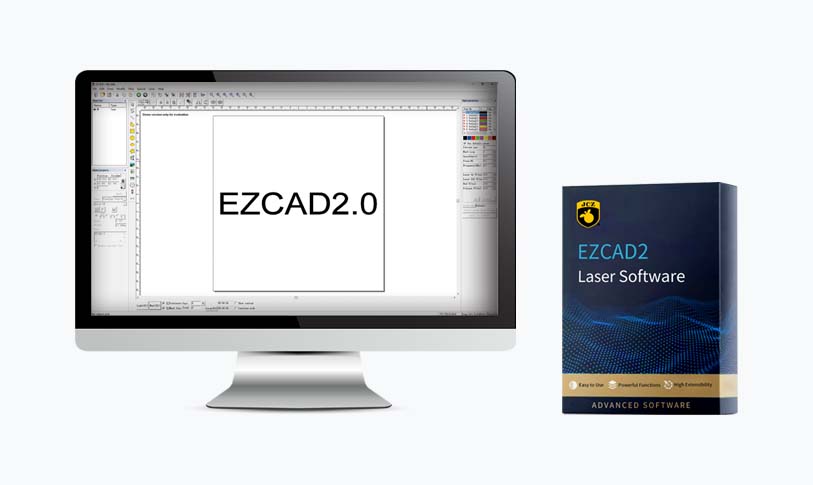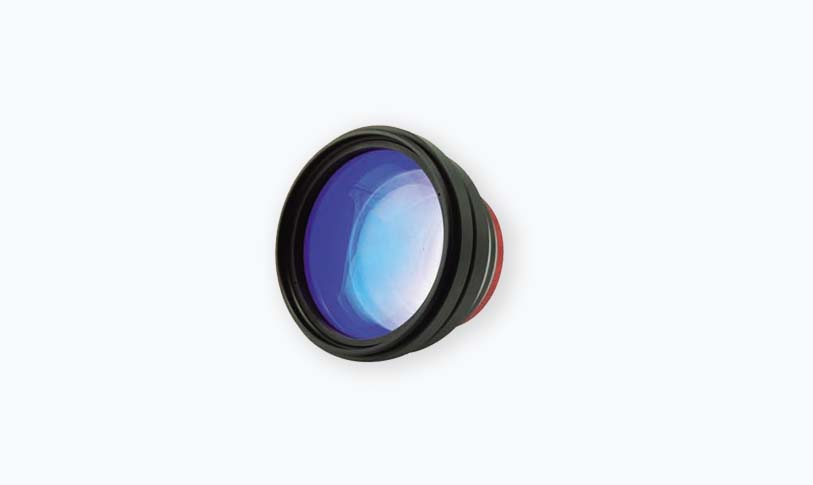****
In recent years, fiber laser technology has gained significant traction across various manufacturing sectors. This surge can be attributed not only to the efficiency and precision that fiber lasers offer but also to the development of advanced fiber laser software. This software is essential for maximizing the capabilities of fiber lasers, enabling manufacturers to streamline processes, reduce waste, and enhance product quality. In this article, we will delve into the advancements in fiber laser software, its key functionalities, and how it is transforming the landscape of modern manufacturing.
Understanding Fiber Laser Technology
Before we dive into the software aspects, it’s important to understand fiber laser technology itself. Fiber lasers utilize a doped optical fiber as a gain medium, which allows for unparalleled beam quality and efficiency. They are significantly more efficient than traditional laser sources due to their compact size and lower operational costs. This makes them ideal for various applications, including cutting, welding, marking, and engraving a wide array of materials such as metals, plastics, and wood.
The Role of Fiber Laser Software
Fiber laser software acts as the command center for laser operations, providing the interface between the user and the machine. This software is crucial in controlling parameters such as power, speed, frequency, and pattern, allowing for precise manipulation of the laser output. Some of the primary roles of fiber laser software include:
1. **Design and Simulation**: Modern fiber laser software often includes CAD/CAM capabilities, enabling users to create, modify, and simulate designs before execution. This feature is particularly beneficial as it allows engineers and designers to visualize the final product and make adjustments to optimize performance.

Exploring the Advancements and Benefits of Fiber Laser Software in Modern Manufacturing Processes
2. **Parameter Optimization**: Different materials and thicknesses require specific laser parameters to achieve the desired results. Advanced fiber laser software can store and retrieve settings for various materials, thus simplifying the process of parameter optimization. This adaptability can significantly reduce setup time and minimize waste caused by trial and error.
3. **Process Monitoring and Feedback**: Many contemporary fiber laser systems come equipped with software that provides real-time process monitoring. This functionality helps in detecting irregularities during operation, thereby allowing for immediate adjustments to be made to maintain quality standards. Feedback mechanisms built into the software can also generate reports that are critical for quality assurance and compliance.
4. **Integration with Automation**: As manufacturing increasingly moves towards automation, the compatibility of fiber laser software with robotic systems and conveyor belts becomes essential. This integration allows for continuous production lines where laser processes can be automated, thus reducing labor costs and enhancing efficiency.
5. **User-friendly Interfaces**: To maximize the potential of fiber laser systems, software designers are prioritizing user-friendly interfaces. This ensures that operators, even those with minimal experience, can easily navigate the complexities of laser setup and operation. Enhanced graphical user interfaces (GUIs) allow users to visualize their work better, making adjustments simpler and more intuitive.
Advancements in Fiber Laser Software

Exploring the Advancements and Benefits of Fiber Laser Software in Modern Manufacturing Processes
The fiber laser software landscape is evolving rapidly, with continuous improvements being made. Machine learning and artificial intelligence are becoming integral components of fiber laser software, offering predictive maintenance capabilities and smarter control systems. This results in increased uptime and reduced operating costs for manufacturers.
Cloud-based solutions have also emerged, enabling remote monitoring and control of fiber laser operations. This development is particularly advantageous in large manufacturing environments where several machines are in operation simultaneously. Operators can access data and controls from anywhere, allowing for quicker decision-making and enhanced operational flexibility.

Exploring the Advancements and Benefits of Fiber Laser Software in Modern Manufacturing Processes
Benefits for Manufacturers
The integration of advanced fiber laser software in manufacturing processes translates into tangible benefits. Key advantages include:
– **Increased Efficiency**: Automated and optimized processes reduce production time and costs, leading to higher output. – **Improved Quality**: Optimized parameters and real-time monitoring help maintain high-quality standards in laser operations. – **Versatility**: The adaptability of fiber laser software allows manufacturers to easily switch between different products and materials, catering to diverse market needs. – **Sustainability**: By reducing waste and energy consumption, fiber laser technology, coupled with intelligent software, promotes more sustainable manufacturing strategies.
Conclusion
The evolution of fiber laser software represents a significant advancement in the manufacturing industry. As technology continues to develop, the potential for further enhancing operational efficiency, quality, and adaptability will only increase. For manufacturers looking to stay competitive in an ever-evolving marketplace, embracing fiber laser technology and its accompanying software solutions will undoubtedly pave the way for a more productive and sustainable future.galvo head laser



